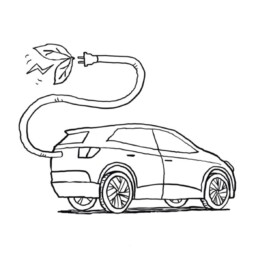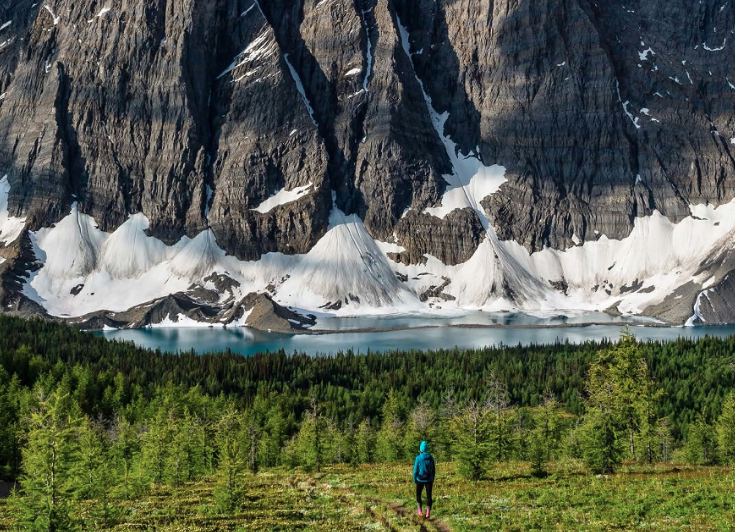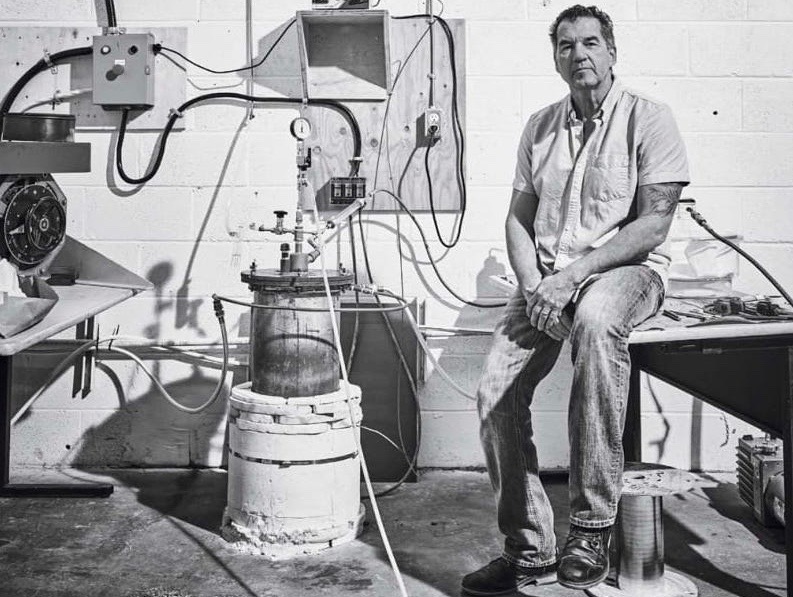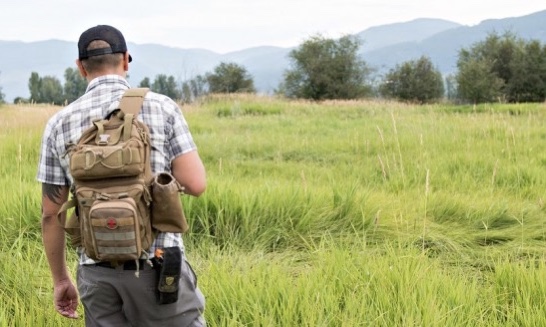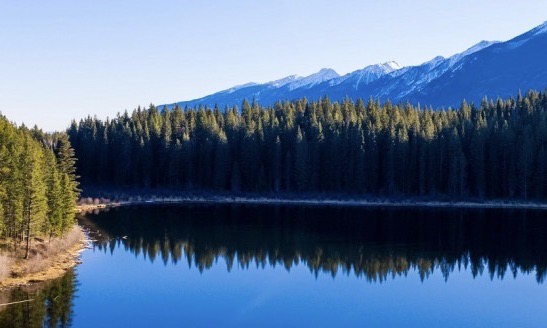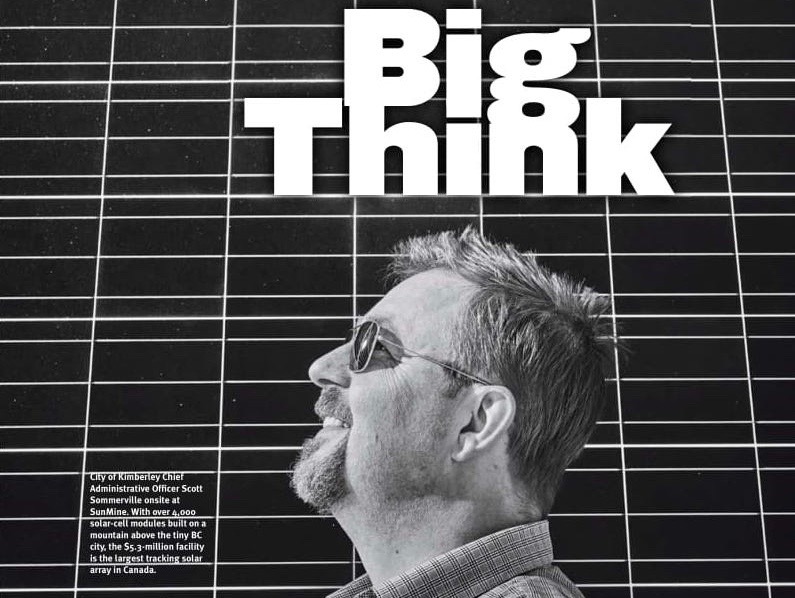Episode #4
Carbon Footprint
Published:
Episode Length:
Episode Guests:
Julius Halaschek-Wiener – Environmentalist
Jill Bentley-Lobban – Co-owner of Fulfill Market
Miguel Pastor – Student and Activist
Episode Overview
Climate change is upon us, and it’s more important than ever to do our part to make a difference. In this episode, we meet three Basin residents who are making an impact in very creative ways. We drop by a resourceful shop in Kimberley selling products that yield zero waste. We speak with the young and passionate climate activists behind Fridays for Future. And we learn how anyone can cut their carbon footprint by 50 percent by making subtle lifestyle tweaks.
Related Reading
IDEAS TO REDUCE YOUR CARBON FOOTPRINT
An article by the Columbia Basin Trust about how the global carbon footprint per person is centered around 3 sources: food, home and transport.
Explore The IdeasMEET A SALVAGE MASTERMIND
Where some see the future as uncertain, or even imperilled, others see opportunity and hope. Kootenay entrepreneur Don Freschi is boldly going where no plan has gone before, and he wants us all to come along.
Meet DonECOSYSTEM ENHANCEMENT PROGRAM
The goal of this Columbia Basin Trust program is to help maintain and improve ecological health and native biodiversity in a variety of ecosystems, such as wetlands, fish habitat, forests and grasslands.
Discover The ProgramHOW EBIKES CAN SAVE THE WORLD
This is why the electric bike industry is booming and what you need to know before getting one.
Take A RideCLIMATE RESILIENCE PROGRAM
The Columbia Basin Trust's Climate Resilience Program helps communities in the Basin become more climate resilient by supporting large-scale, multi-year, shovel-ready climate mitigation, adaptation, and resilience projects that address sources of climate change or manage the risks of climate change impacts.
Learn MoreFARMING THE SUN IN KIMBERLEY
Scott Sommerville, the Chief Administrative Officer for the City of Kimberley, talks about SunMine, the largest tracking solar array in Canada that boasts 4,000 solar-cell modules built on a mountain for $5.3 million.
Learn Why The Future's Bright
